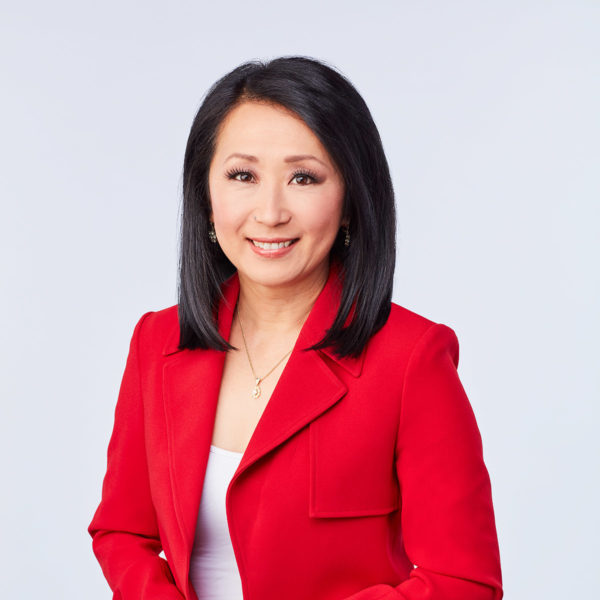Mi-Jung

I didn’t want to tell our sons because I knew I would start crying and that would scare them. But I could see the fear in their eyes anyway when my husband calmly explained that their mom had breast cancer.They were 13 and 15. In 2013, after I discovered a lump in my left breast, I was diagnosed with estrogen receptor positive breast cancer. After two lumpectomies still showed potentially pre-cancerous DCIS cells, it was time to wave the white flag and get a mastectomy. Three surgeries in four months was not fun, but I didn’t need radiation or chemotherapy. Throughout the emotional journey, I prayed a lot. God comforted me with the support of family and friends. Love reaches into life’s valleys and reminds us of what’s important. Two of my friends had recently had breast cancer. Our “cancer club” went on long walks – – talking all the way, sharing advice: read funny books, watch comedies, don’t search cancer online before going to bed. When I shared my story with CTV viewers, it garnered more response than any other story in my 20 plus years of journalism. I wanted to let analogos winstrol women know about a cancer risk that I didn’t know about before my diagnosis: dense breast tissue. My regular mammograms didn’t detect the cancer. That can happen when women have dense breasts – and there are a lot of us. Now there’s a growing movement in Canada to catch up with the US in letting women know if they have dense breasts. When I look back at that difficult time, I focus on what made me grateful: the meals that showed up on our doorstep, the wonderful care I received and the opportunity to raise awareness about a disease that affects one in eight women. I received so much when I had cancer. I hope sharing my story and what I’ve learned can make a difference for others on their journey.”
Mi-Jung Lee is an anchor and investigative journalist @ctvvancouver and has been actively raising awareness about the risks of dense breasts since her diagnosis.
